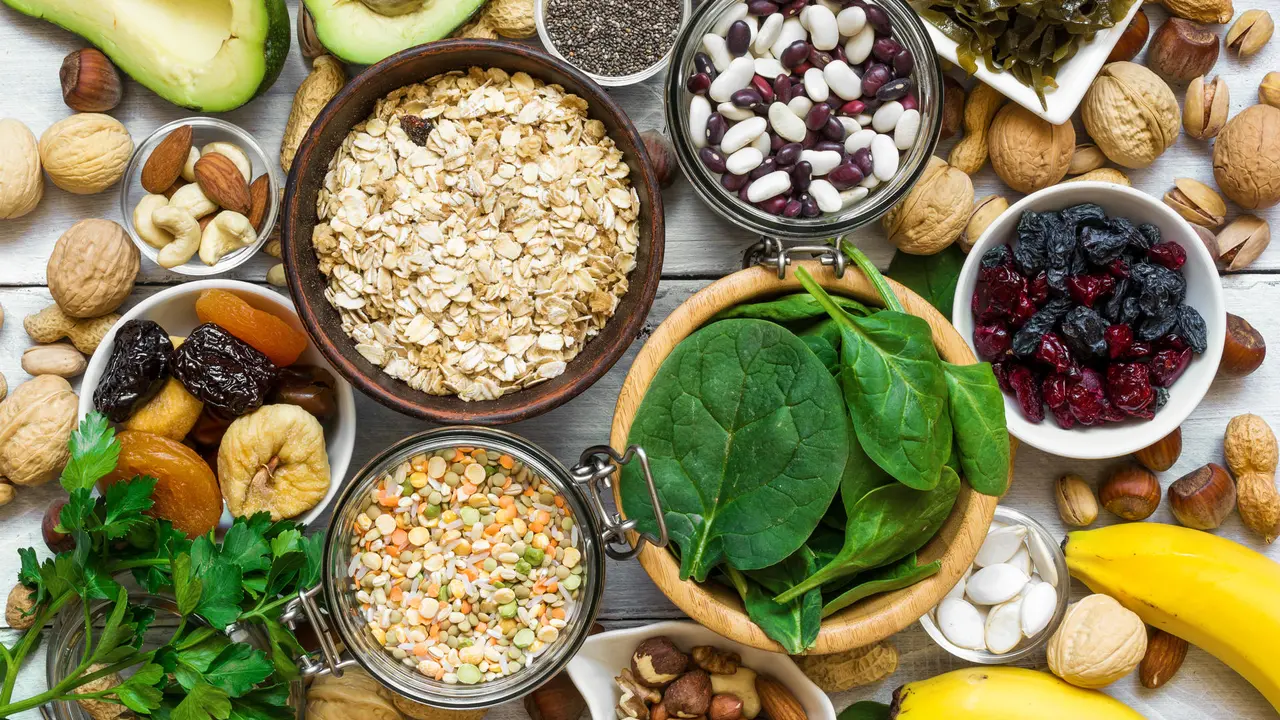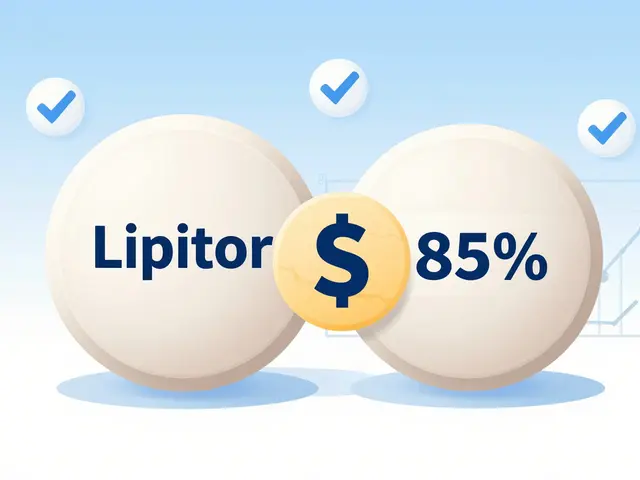Vanadium – What It Is and Why It Matters
Vanadium is a tiny mineral that shows up in soil, water, and a few foods. Even though your body only needs a trace amount, that little bit can play a big role in how cells handle sugar and fats. Think of it as a quiet helper that many people never hear about.
Where to Find Vanadium in Everyday Life
Most of the vanadium you get comes from what you eat. Whole grains, mushrooms, and some seafood have small amounts. Black pepper and parsley can add a little boost too. If you’re not a fan of those foods, an over‑the‑counter supplement is an option, but you’ll want to know the basics before you buy.
Potential Health Benefits (And What the Research Says)
Researchers have looked at vanadium for a few reasons. One big area is blood‑sugar control. Some small studies suggest that vanadium compounds can improve insulin sensitivity, which might help people with type 2 diabetes keep their glucose levels steadier. Another area is heart health – early lab work hints that vanadium could reduce bad cholesterol and protect blood vessels, but we still need larger human trials.
Beyond sugar and heart health, vanadium is being studied for bone strength and even anti‑cancer effects. So far, the evidence is mixed, and most benefits appear only at doses higher than you’d get from food alone.
How Much Is Safe? The safe range for adults is roughly 10‑50 mg per day when taken as a supplement. Going over 100 mg can cause nausea, dizziness, or kidney issues. Always start at the lowest dose and see how you feel.
If you have kidney disease, are pregnant, or take medications that affect blood sugar, talk to a doctor before adding vanadium. It can interact with some prescription drugs, especially those that lower glucose.
Choosing a Good Vanadium Supplement Look for products that list the exact form, such as vanadyl sulfate or sodium metavanadate. Third‑party testing badges (like USP or NSF) are a good sign the product is pure. Avoid “mega‑doses” marketed as miracle cures; they often exceed safe limits.
Combine vanadium with a balanced diet, regular exercise, and any prescribed meds. It’s not a replacement for medical treatment, but it can be a helpful addition for some folks.
Finally, keep an eye on how you feel. If you notice any side effects—upset stomach, unusual fatigue, or changes in blood sugar—stop the supplement and seek advice. Your body will tell you if the extra mineral is doing more harm than good.
Vanadium isn’t a household name, but it’s worth knowing about if you’re interested in fine‑tuning your health. With the right dosage and a quality product, you can explore its potential benefits safely.
Welcome to my latest discovery—Vanadium, the dietary supplement you might not know you needed! This remarkable nutrient has a host of potential health benefits. It's interesting how we often neglect essential nutrients and focus only on popular ones. Emerging research points out that Vanadium supplementation could help fill significant nutrient gaps. Are you ready to take a leap of faith and understand more about this underrated supplement? Hop on board as we explore this together.



 Medications
Medications




